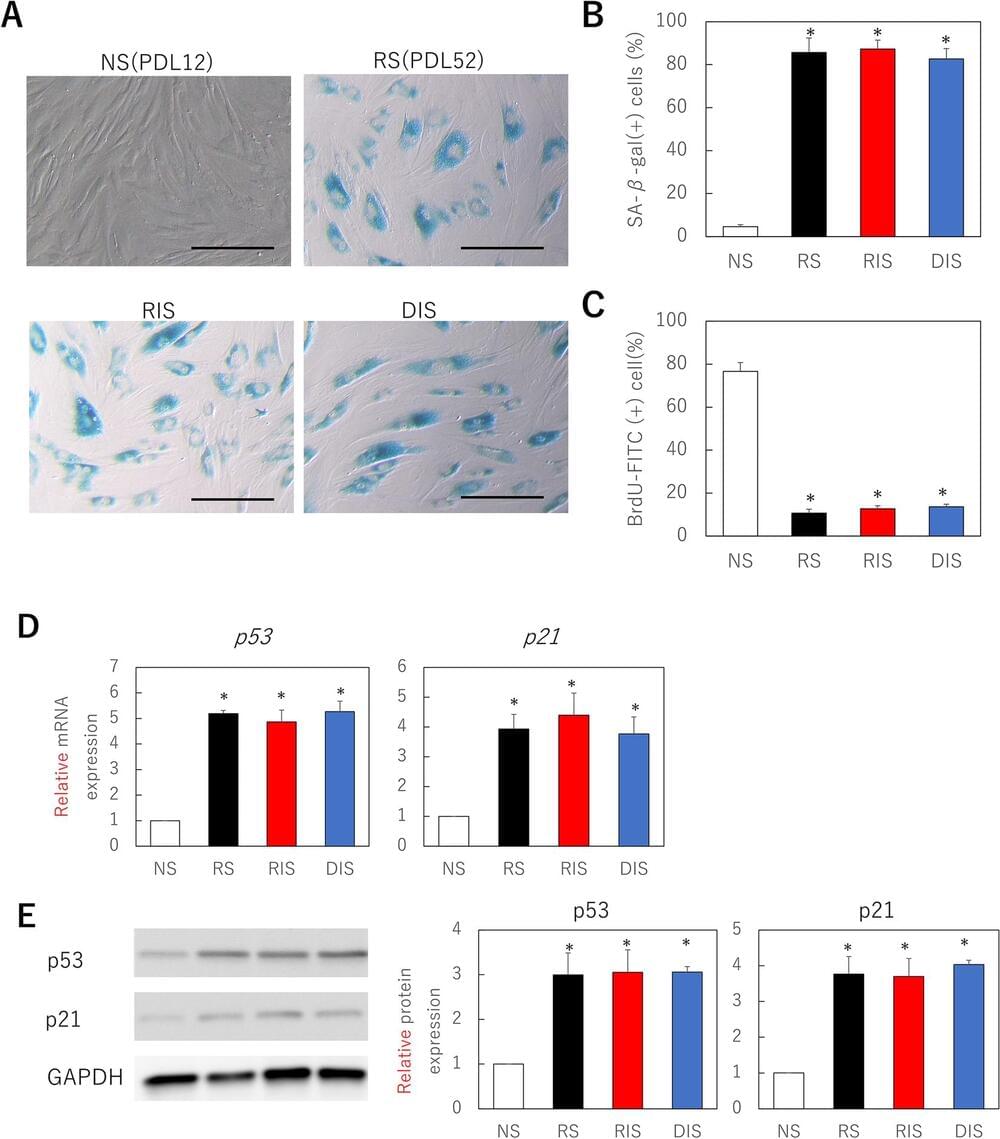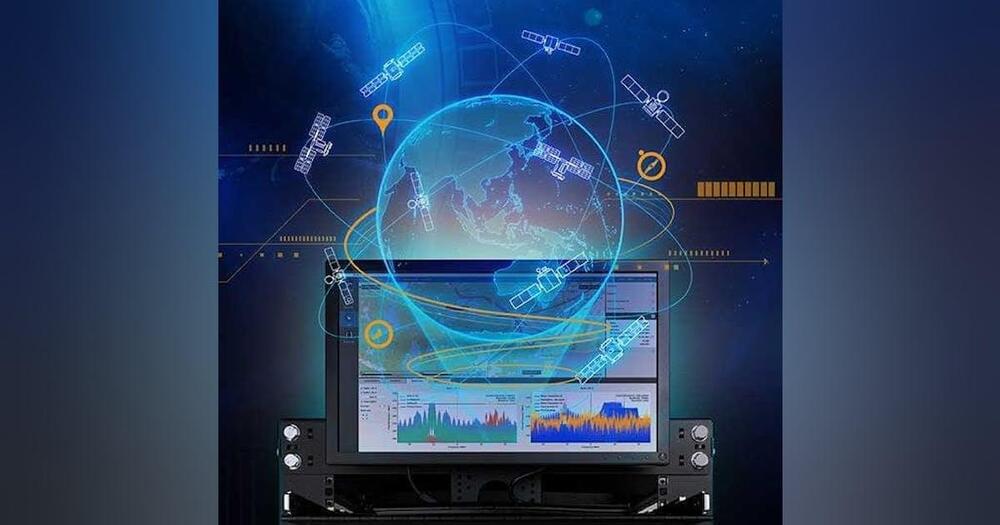
WASHINGTON — The National Aeronautics and Space Administration (NASA) has announced that the agency is seeking assistance from industry as it begins a study into its Geostationary Littoral Imaging and Monitoring Radiometer (GLIMR) Access to Space (ATS) approach.
The GLIMR mission aims to provide transformative rapid observations of dynamic coastal zone ecosystems throughout the Gulf of Mexico (GoM) and coastal continental U.S. (CONUS). Its goal is to observe and monitor ocean biology, chemistry, and ecology to help protect ecosystem sustainability, improve resource management, and enhance economic activity. This includes identifying and tracking harmful algal blooms and oil spills, while also observing, quantifying, and understanding processes associated with rapid changes in phytoplankton growth.
The GLIMR ATS scope is expected to include several key components and activities: the spacecraft itself, the launch vehicle, the integration and testing of the GLIMR payload with the spacecraft, and the integration of the spacecraft with the launch vehicle and subsequent launch. It will also cover the command uplink from the industry-provided Mission Operations Center (MOC), the downlink of GLIMR engineering and science telemetry to industry-allocated ground stations, and the delivery of error-checked GLIMR data to various mission partners. Additionally, it encompasses all related tasks and support required during the planned GLIMR Mission, such as pre-launch planning, launch support, in-orbit check-out, and operations.


















